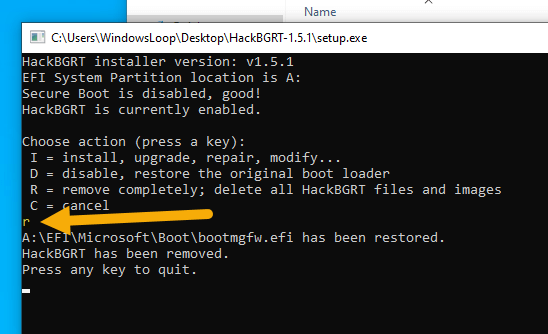

What I noticed is that with legacy boot in a UEFI system the boot sequence and time is much faster but I'd like to know from the experts what are actually the differences in standard vs legacy boot in windows 10? Is there any disadvantage in using the legacy boot, which appears to be faster and more effective, in a UEFI installation? With legacy boot you have the old less fancy but effective graphics and the boot sequence is as follow:Ĭlear OS: start pc, OS selection, OS boots upīitlocker OS: start pc, OS, selection, password screen, OS boots up

With standard boot you have the new graphics and the boot sequence is as follow:Ĭlear OS: start pc, bootmanager loads, OS selection, OS boots upīitlocker OS: start pc, bootmanager loads, OS selection, system reboots automatically, password screen, OS boots up In a device (UEFI) with two Windows 10 installations (one clear the other bitlocker encrypted) I noticed a difference in the boot sequence and boot time if the boot is changed from standard to legacy (using bcdedit).


 0 kommentar(er)
0 kommentar(er)
